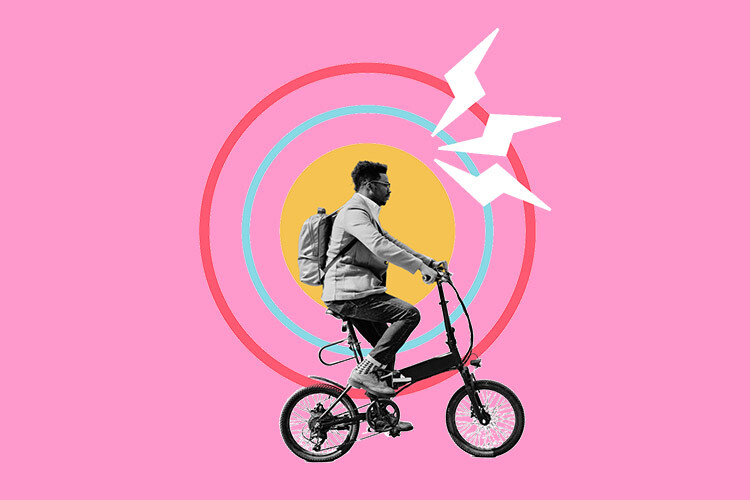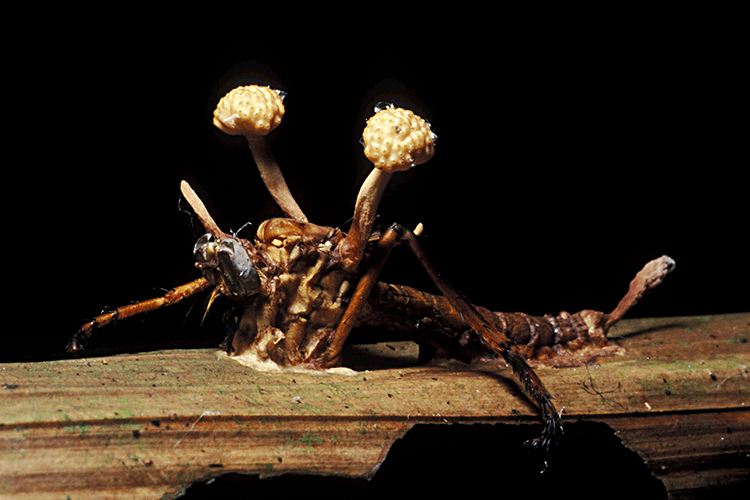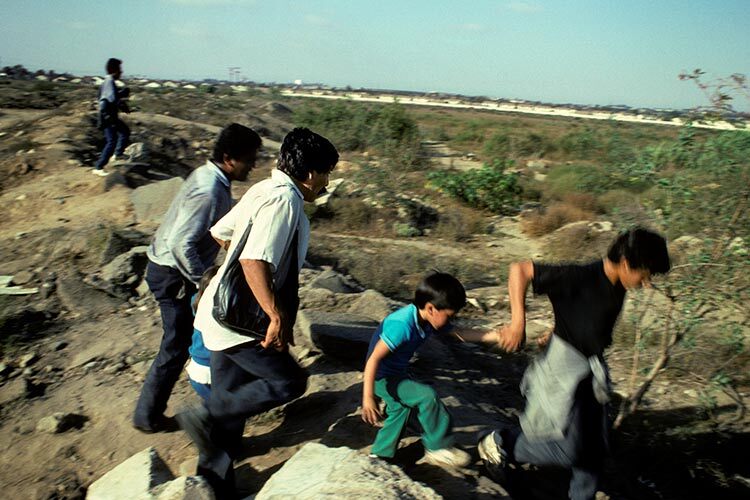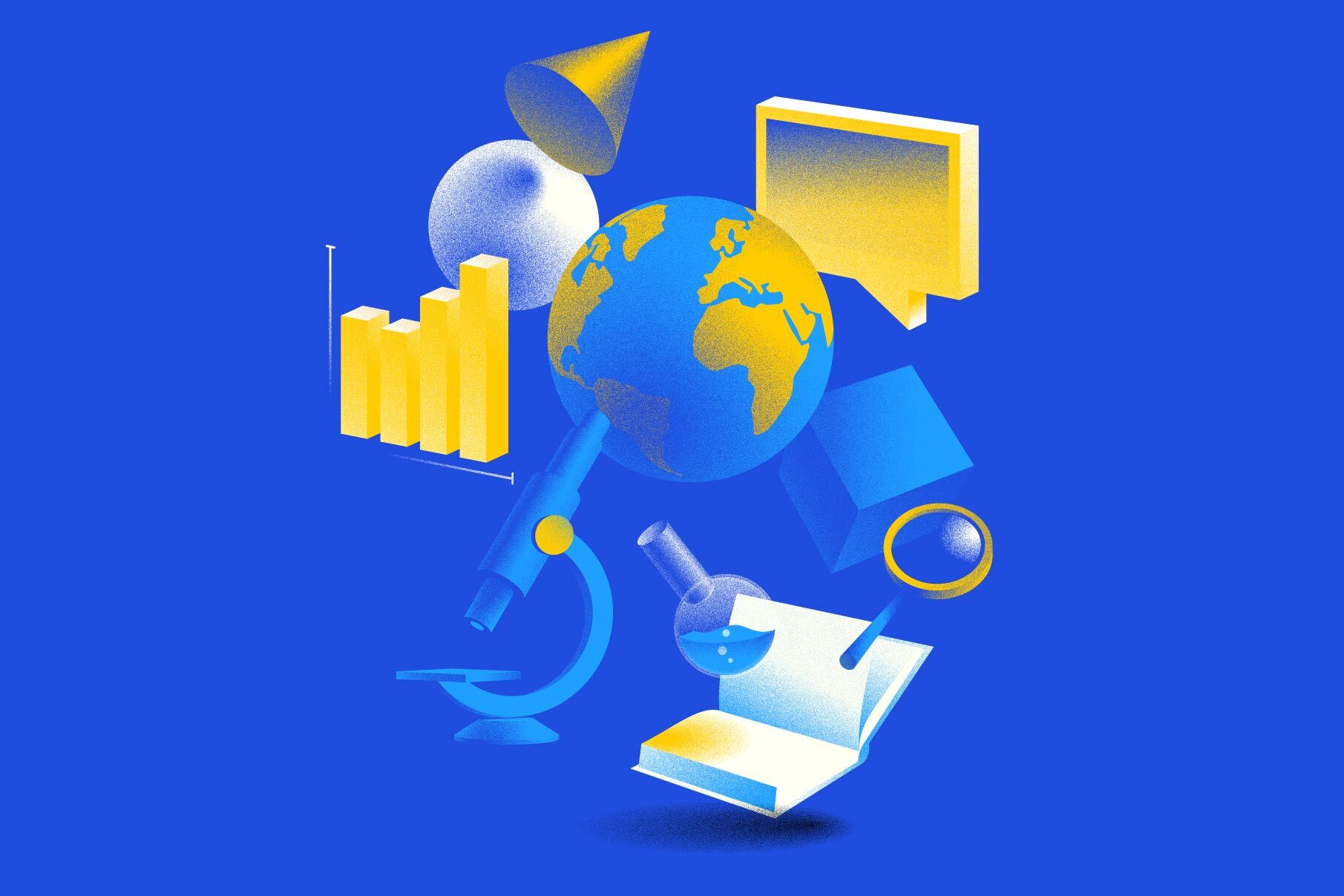Mobility and transport are essential to life. Jorge Lozoya, a mechatronics research professor at Tec de Monterrey, explained that “mobility is the effort made to travel from point A to point B, while other people are moving from point C to point D.”
Transport refers to the vehicle you travel in, whether it be a bicycle, bus, car, or other means of transport.
Stress, tiredness, frustration, and anger are some feelings people can experience when daily commutes are long, unsafe, and problematic. In our country alone, people spend 152 hours a year commuting in Mexico City, the equivalent of six days and eight hours in traffic, according to the 2023 TomTom Traffic Index report that evaluates 387 cities.
According to a 2023 survey by Time Out magazine, Berlin has one of the best transport systems in the world, with users describing it as comfortable, safe and always on time.
In Mexico, the Mexican Institute for Competitiveness (IMCO) performed an analysis of mobility and transport conditions in the State of Mexico, the most populated state in the country, which revealed a considerable lack of transparency in the conditions and characteristics of vehicles, high levels of public insecurity, and high costs in terms of both money and time.
Fossil Fuels and Their Impact
Fossil fuels are energetic materials from decomposed plants and other organisms that lived thousands or millions of years ago. After their death, these organisms became buried and subjected to high pressures and temperatures below Earth’s surface.
The remains were transformed into carbon- and hydrogen-rich substances such as coal, oil, and natural gas. It’s estimated that the 80% of the world’s energy comes from these so-called non-renewable fuels.
Why Opt for Electromobility?
Electromobility consists of generating electricity from renewable sources such as sunlight, wind, and water and distributing it to cities and vehicles with electric motors. This approach reduces pollution by decreasing the pollutants associated with the use of fossil fuels.
Developing and promoting this type of energy can greatly benefit the environment. According to Jorge Lozoya, this technology “can save us: we can reduce up to 30% of city pollution with it.”
The Challenge of Lithium Batteries
Lithium is mined to manufacture the batteries used in cellphones, computers and electric vehicles, which are key to reducing dependence on fossil fuels. Although lithium batteries help reduce carbon emissions, they have some drawbacks. Extraction of the metal consumes at least 21 million liters of water per day and generates pollution from sulfuric acid and sodium hydroxide.
According to the Mexican Association of the Automotive Industry, Mexico is expected to become the leader in electric car sales in Latin America. Electric vehicle sales have increased annually, which could be an advantage for the country. However, electromobility still faces several challenges and issues:
- A plan is needed to manage lithium batteries at the end of their useful life.
- Electric charging stations must be accessible, and the cost of vehicles must be reasonable.
Mexico already has electromobility in public transport such as Cable buses, Metrobuses, Trolleybuses, and the Metro Collective Transport System. The electrical substations in Mexico City feeding lines 1, 2 and 3 have been renovated.
Towards Sustainable Mobility
Electromobility won’t work alone. We need to include other actions like active mobility, which means people using their bodies to move around, such as by walking, cycling, roller skating, skateboarding, and skateboarding.
Active mobility analyst Daniela García highlighted the importance of sustainable mobility, and “safe and accessible streets for all, including people with disabilities.”
It’s never too late to start working towards the mobility and transport of the future. Here are some options:
- Always take public transport
- Walk as much as possible
- If you’re not going far, walk or cycle.
- Try carpooling
Did you find this story interesting? Would you like to publish it? Contact our content editor to learn more at marianaleonm@tec.mx















